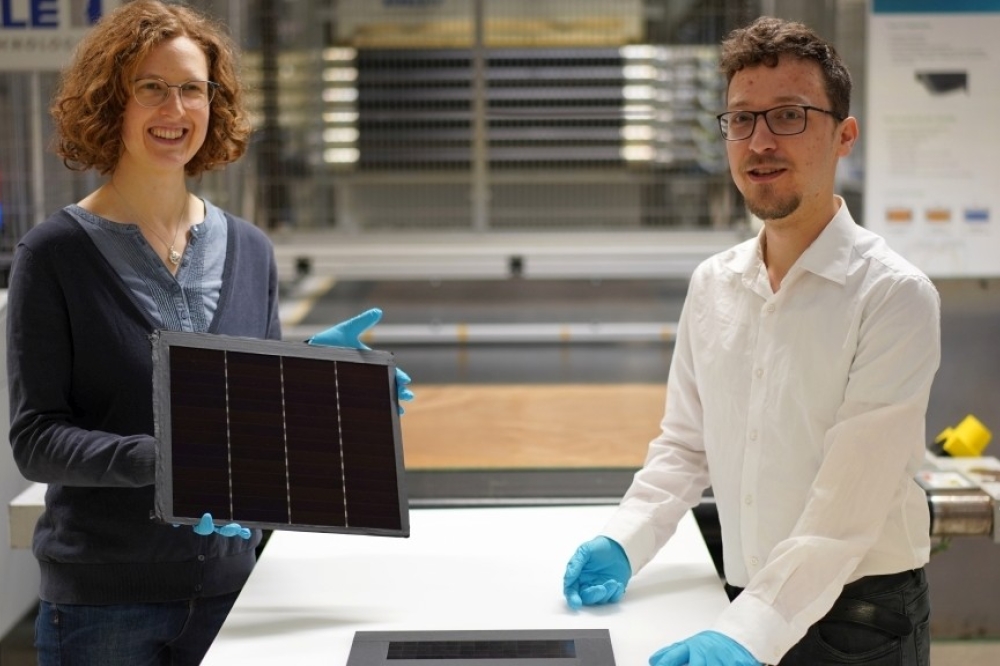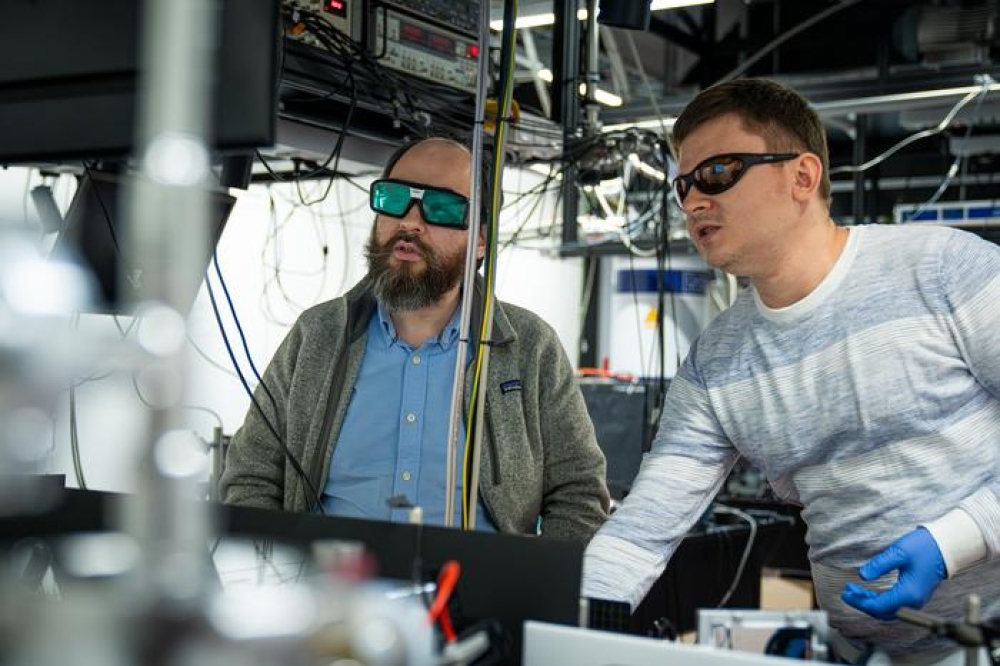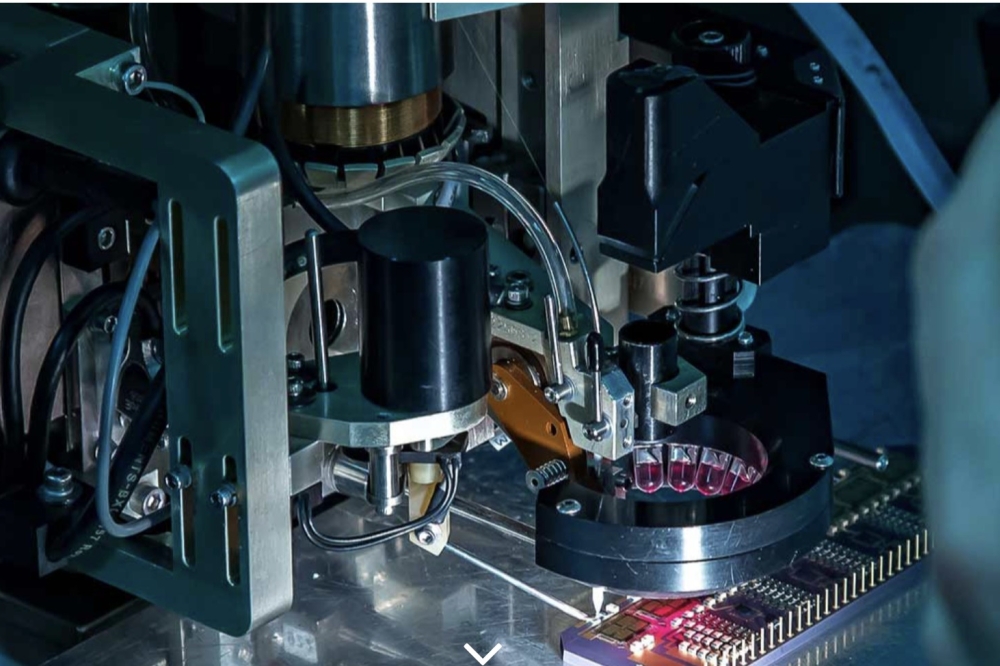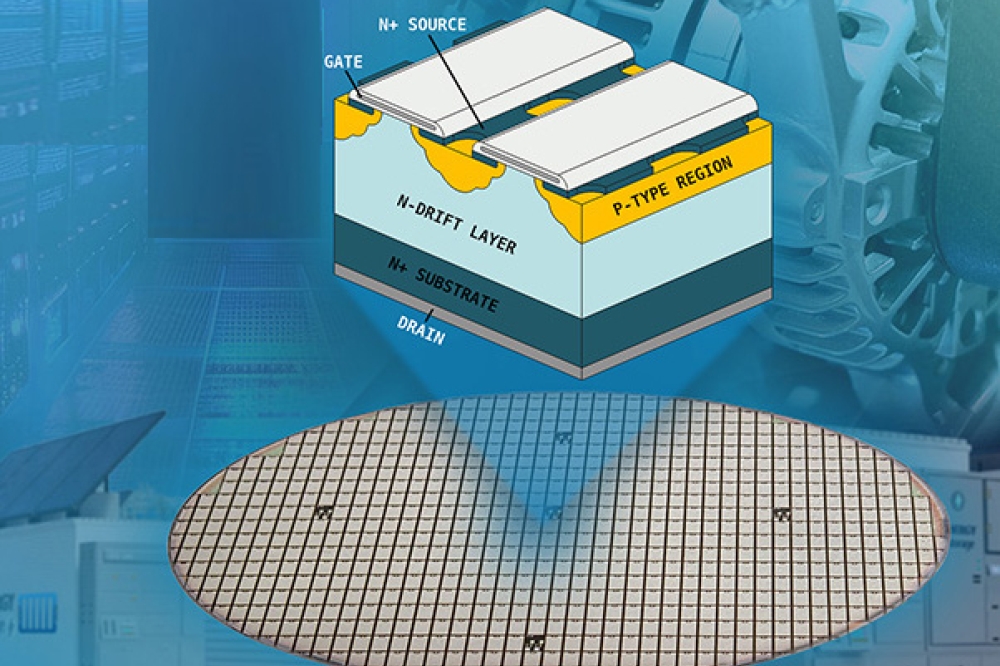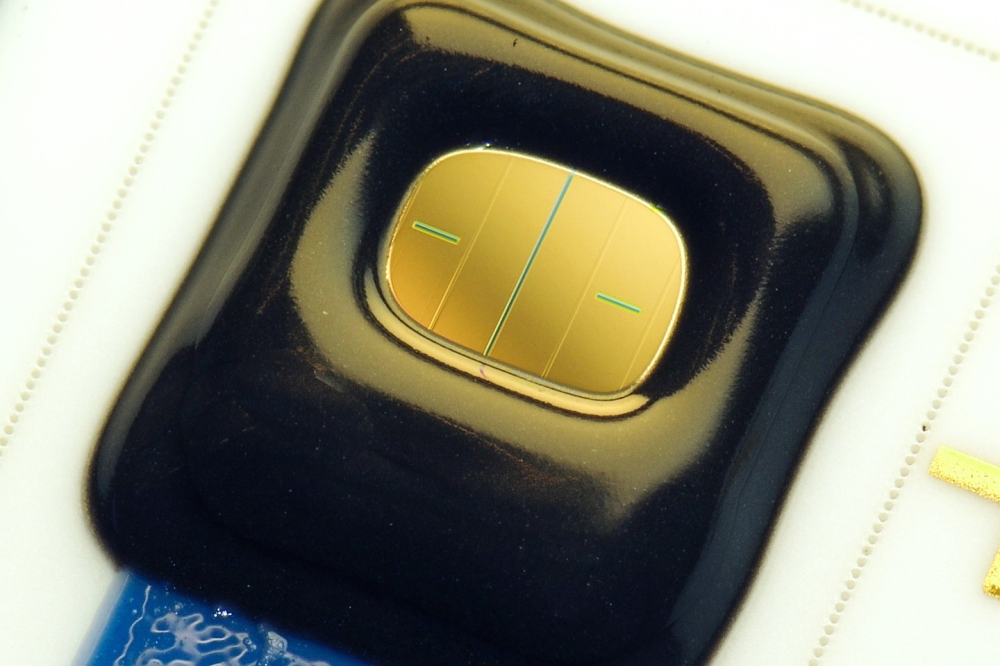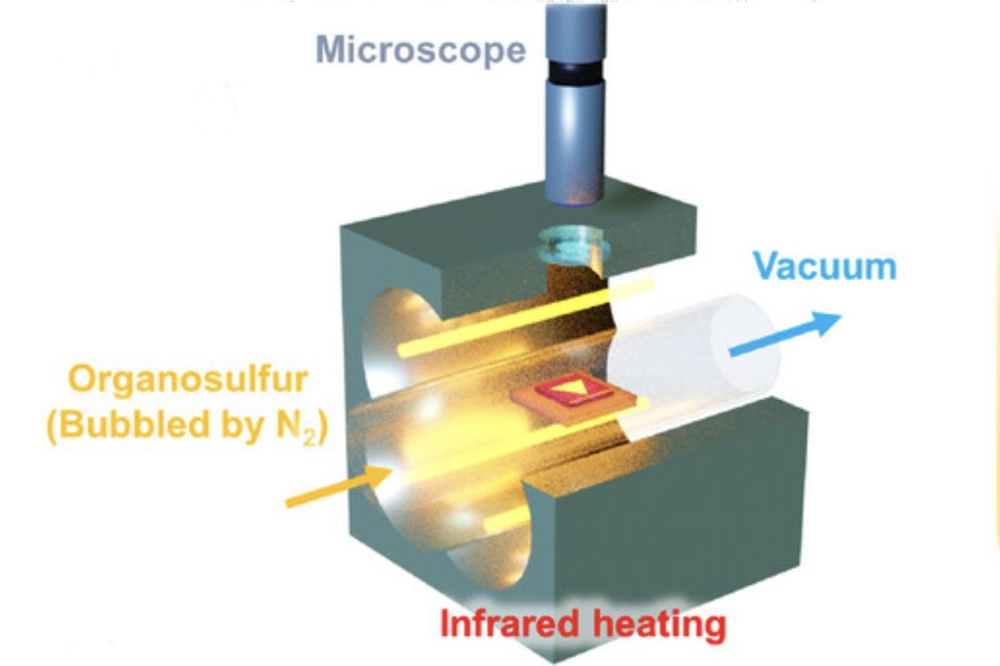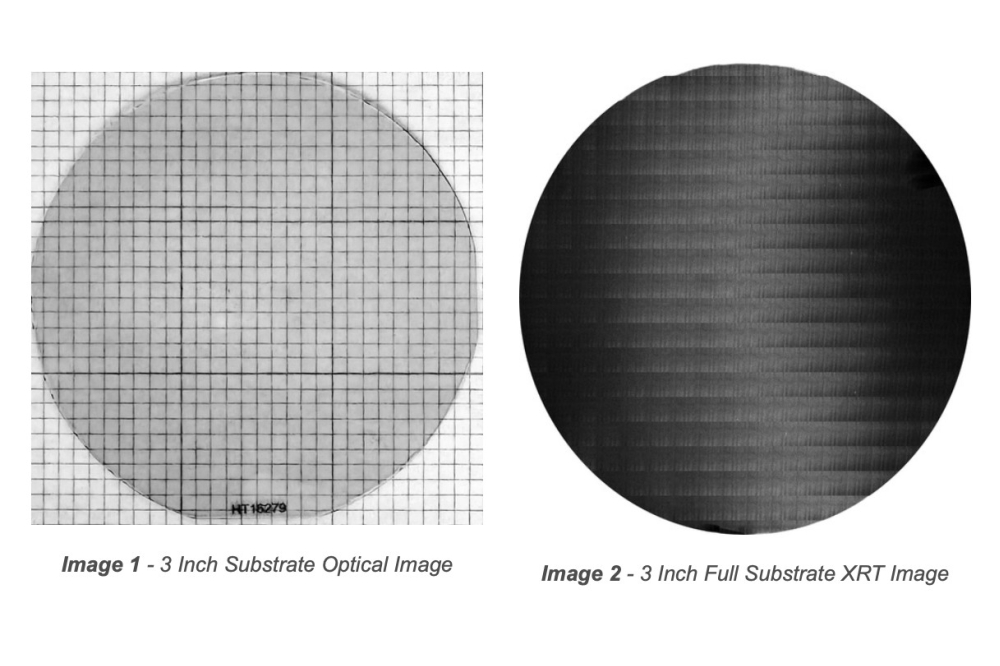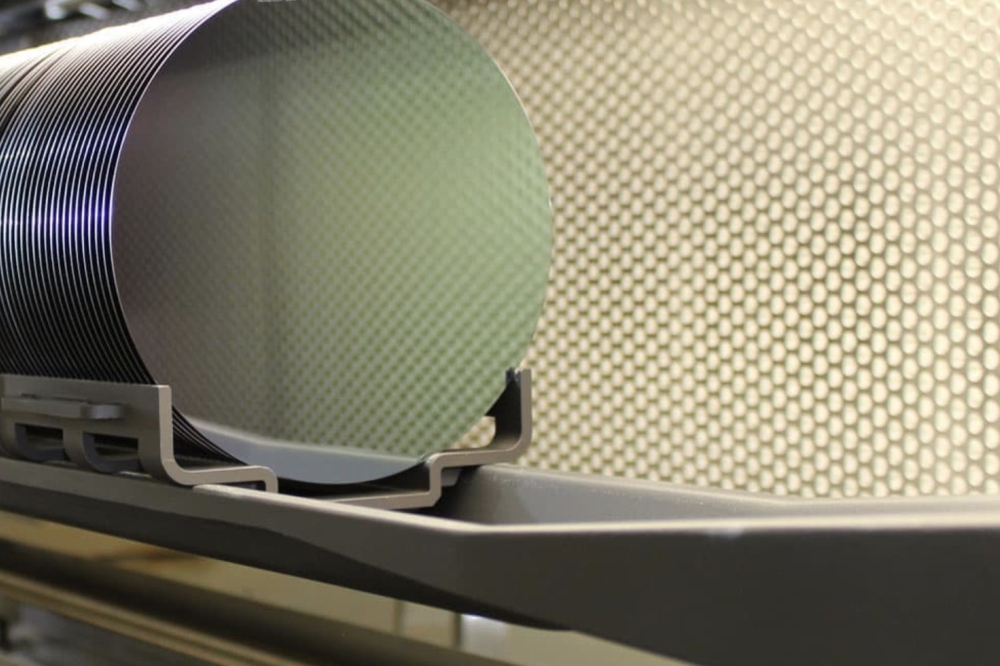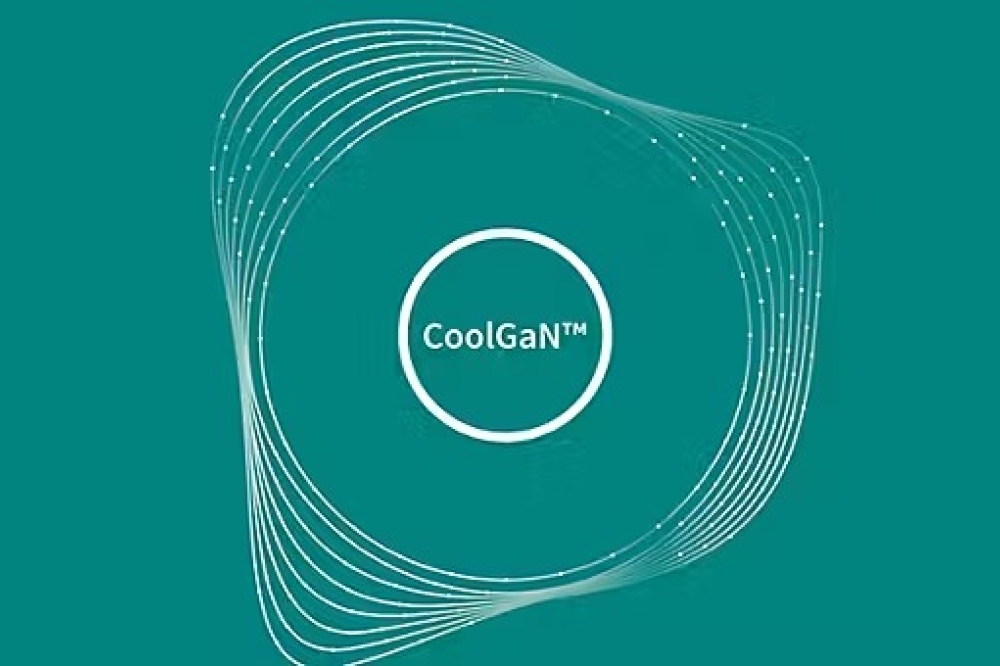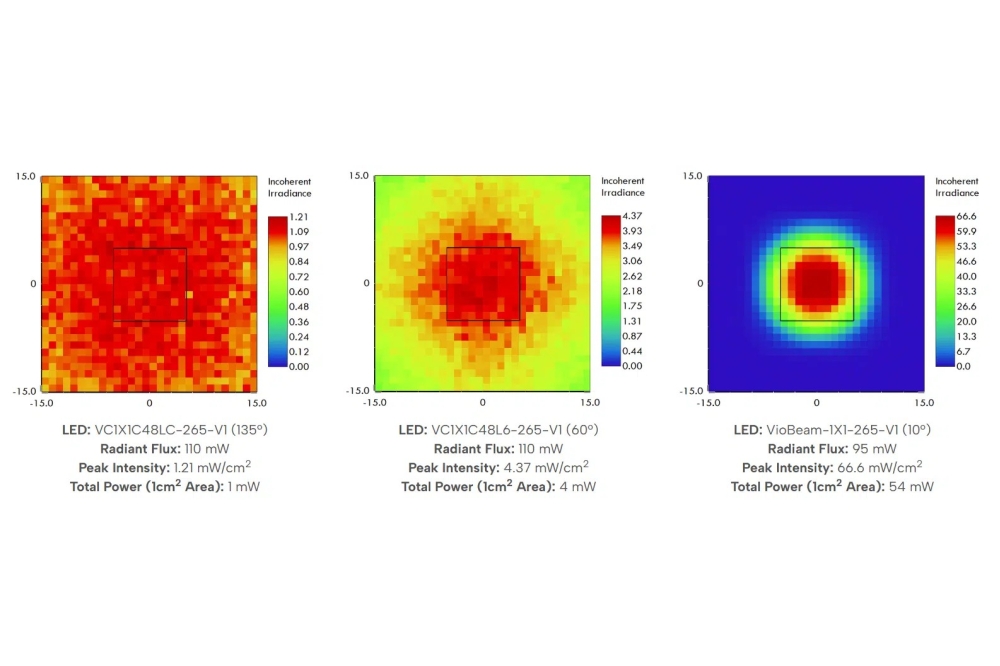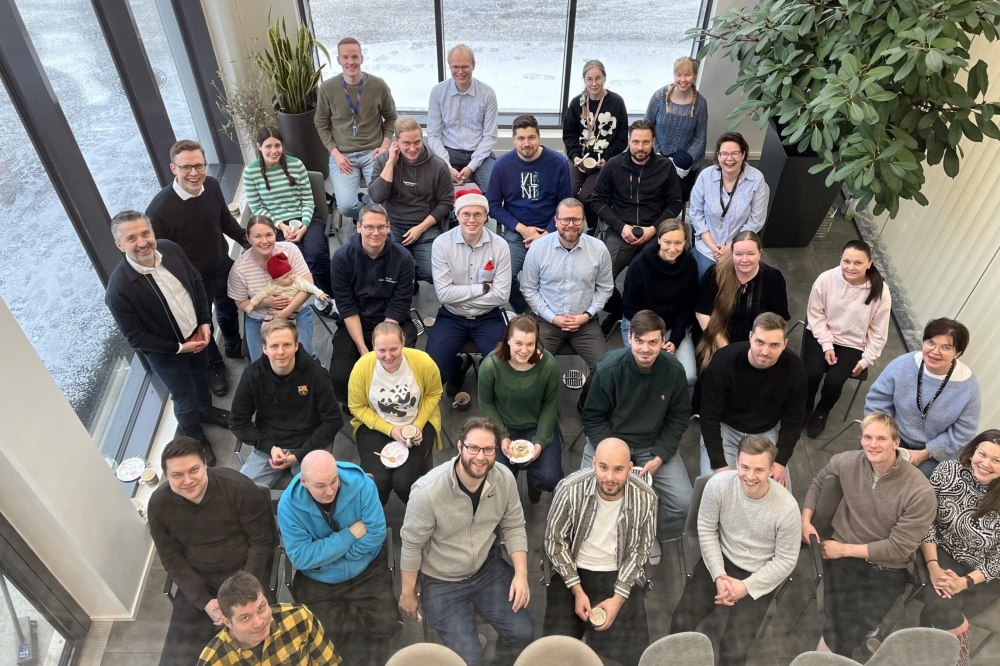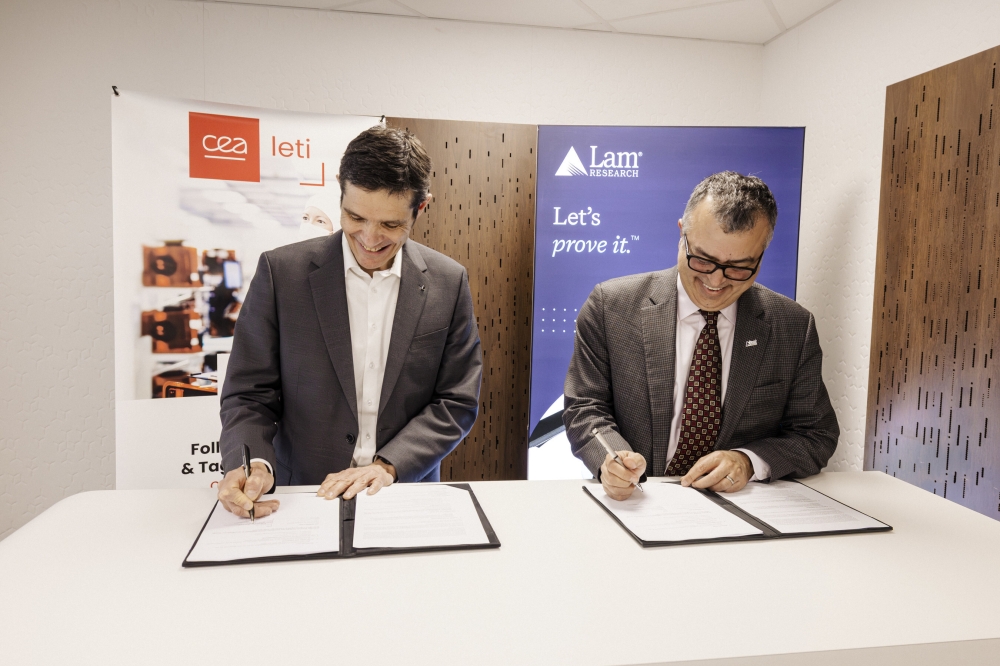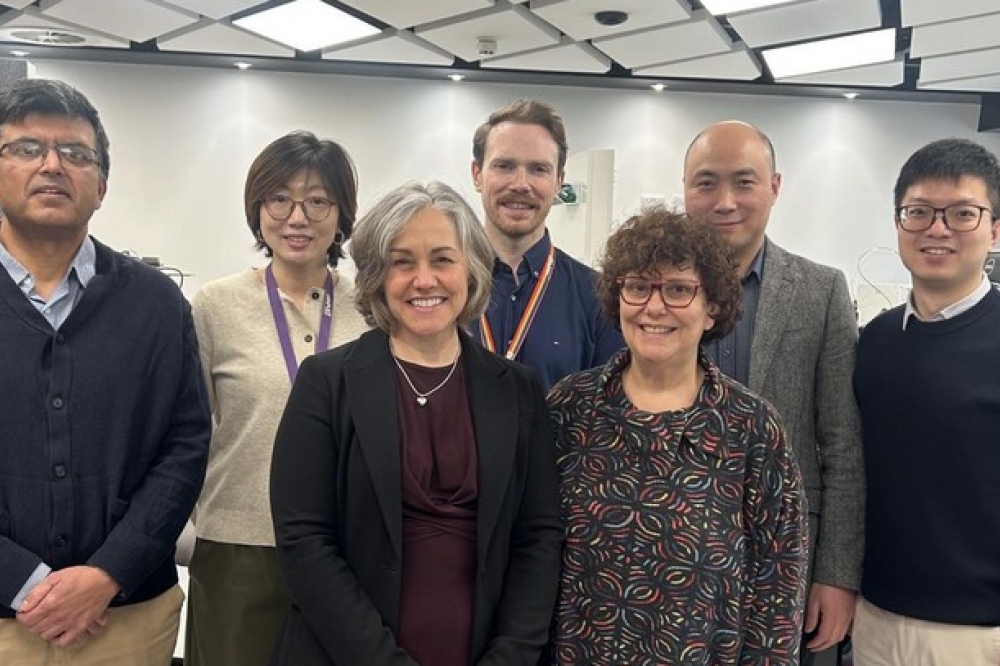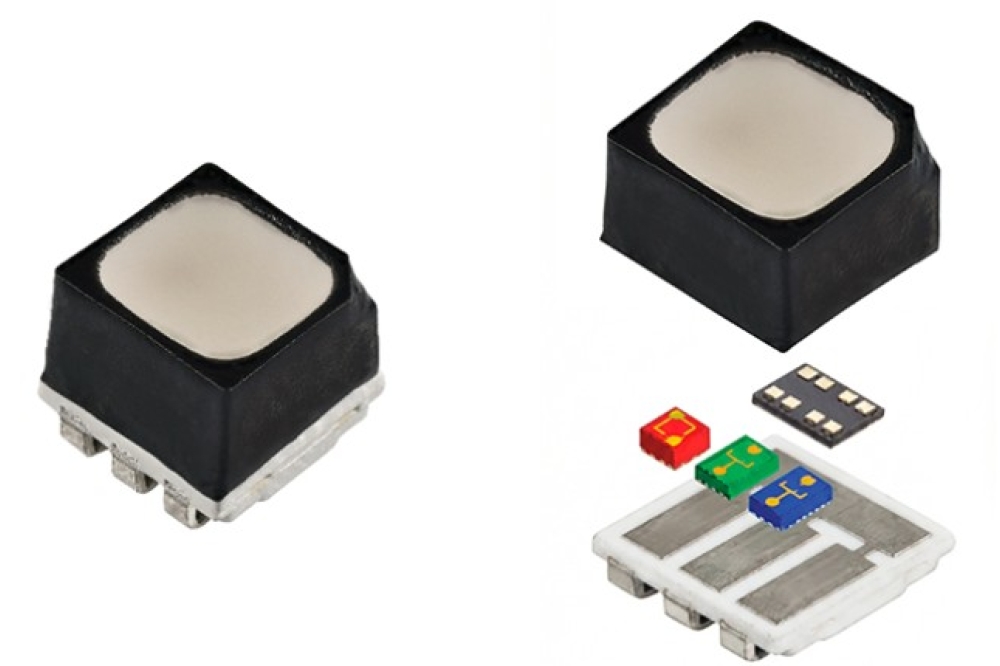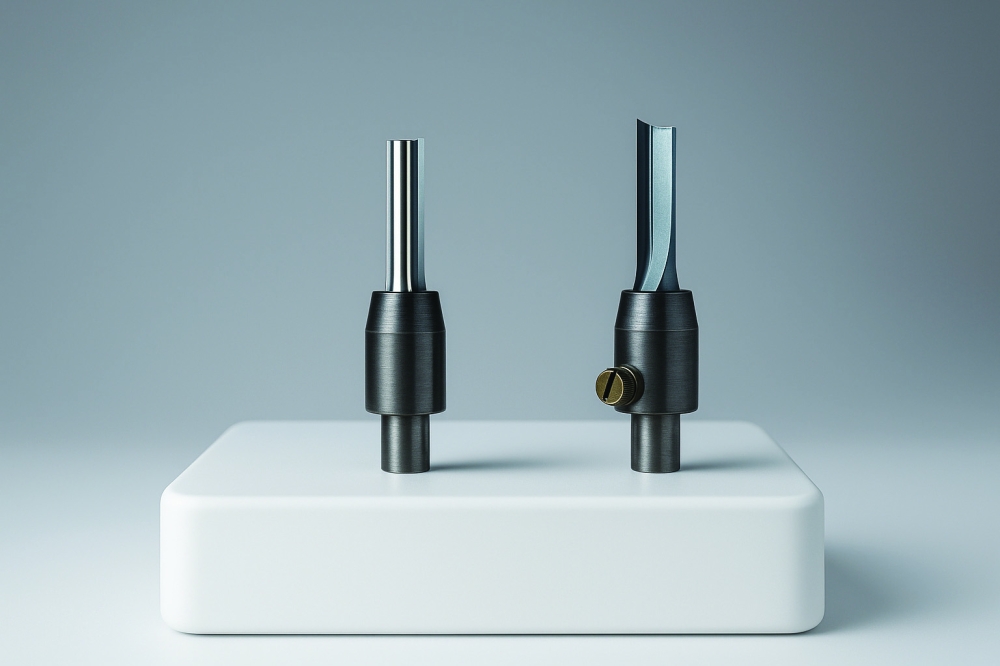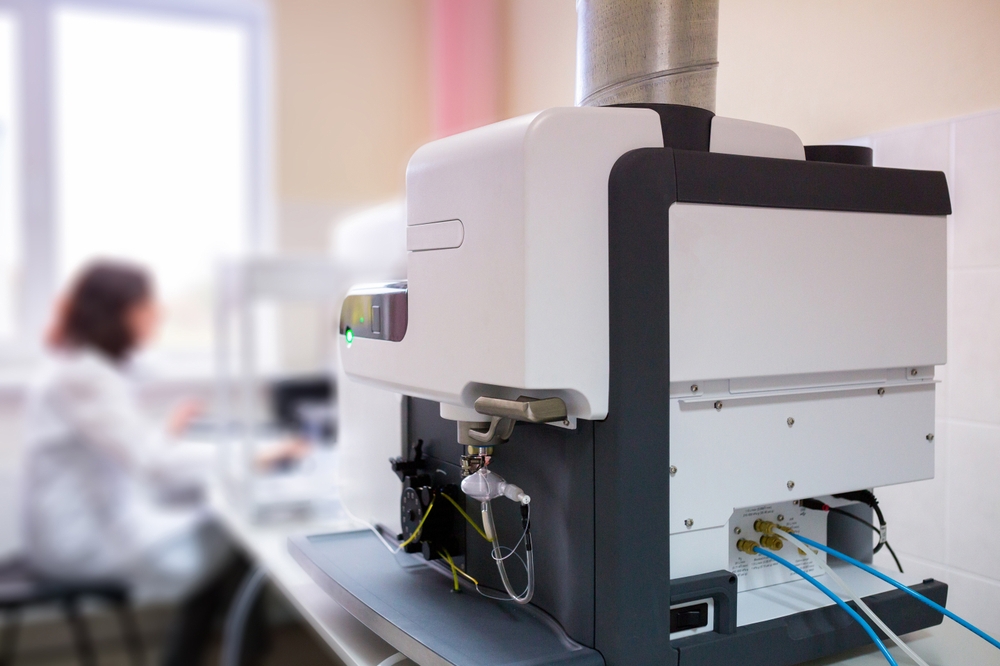Berlin-London team to apply AI to MBE

The Paul Drude Institute for Solid State Electronics (PDI) in Berlin has announced a collaboration with London-based start-up Bizmuth MBE to integrate intelligent automation into the growth of semiconductor materials.
The project will use GaN, a compound semiconductor critical to power electronics, LEDs, and high-frequency comms, as a reference material.
The six-month partnership, running from June to December 2025, is one of the first initiatives in Europe to apply large language models (LLMs) and multimodal AI to the autonomous control of molecular beam epitaxy (MBE).
MBE takes place in an ultra-high vacuum environment, where beams of atoms or molecules are deposited onto a heated surface, building up material structures with atomic precision. While MBE has been central to materials research since the 1960s, the method continues to rely heavily on manual control, with operators adjusting growth conditions based on experience and real-time observations.
The collaboration will focus on developing AI-driven control software for MBE systems, designed to automate adjustments during the growth process in real time.
Unlike existing AI-assisted tools, which provide feedback but leave decision-making to operators, this system will operate autonomously. The software will run entirely on local edge hardware, ensuring data security and independence from cloud infrastructure. The project aims to improve the reproducibility, efficiency, and scalability of semiconductor research, while reducing material waste and system downtime.
PDI is an internationally recognised research institute with more than 30 years of expertise in MBE and semiconductor materials. The institute operates 11 MBE systems at its Berlin facility and contributes a large experimental dataset on GaN growth to support the AI system's development.
Roman Engel-Herbert, director of PDI, said: “We are pleased to launch this collaboration with Bizmuth, combining industrial experience with PDI’s research expertise in materials science. PDI has built a strong international reputation for its work in GaN growth and brings both the technical knowledge and experimental mindset needed to advance this project. We are excited to be part of what we believe is the beginning of a new era in materials synthesis.”
Isabella Lorente, CEO of Bizmuth, said: “This project marks a turning point, not just for Bizmuth, but for the entire MBE ecosystem. For years, we’ve envisioned a future where AI doesn’t just assist researchers but takes command in real-time. Working alongside Dr. Faebian Bastiman, our CTO and a leading expert in MBE, we’re thrilled to bring that vision to life with PDI’s world-class research team.”
The collaboration is now underway, with a fully operational AI-controlled MBE system expected to be demonstrated by the end of 2025.
Pictured above: AI-generated interpretation of ordered and disordered atomic arrangement


